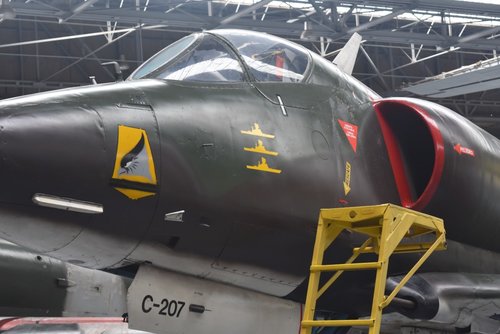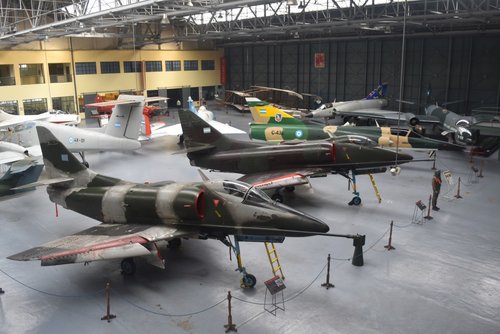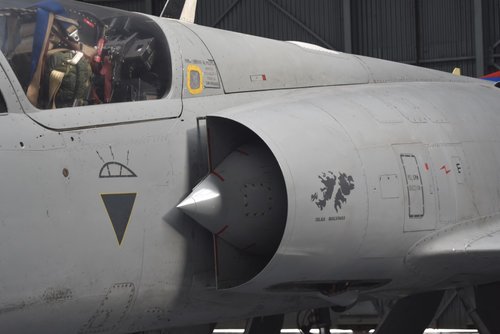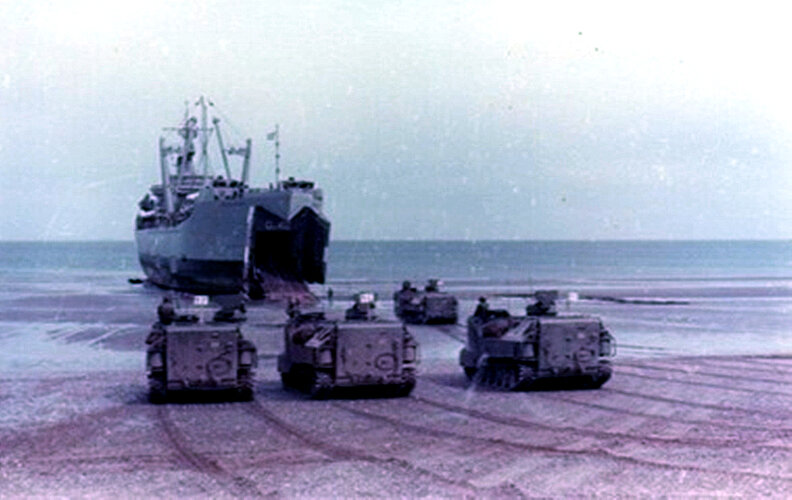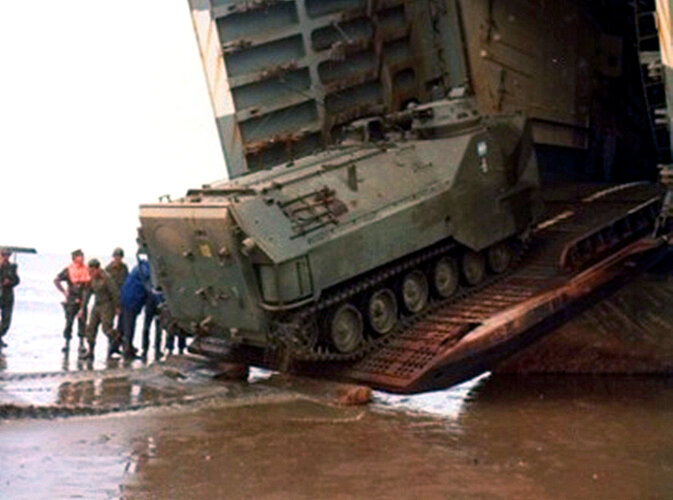- Joined
- 6 September 2006
- Messages
- 4,837
- Reaction score
- 9,470
The Argentines were as isolated as the British troops where and that must have had psychological impact on their morale. The British forces were at the end of a very long logistics trail but at the end of the day they had a naval force offshore keeping them supplied, providing fire support and aerial support. They also had public support behind them and knew the massive efforts being made to assemble ships and equipment, crash modifications and upgrades and trying everything no matter how difficult it seemed (like Black Buck etc.) - that amounted to a weight of support the Argentines never mustered.
An Argentine solider who looked out to Falkland Sound only saw British ships, the Argentine Navy was nowhere to be seen and their local air support was relatively weak (most of it was armed trainers). They were effectively besieged at that point. They were only 300 miles away from Patagonia but it must have felt more like 3,000 miles. If you are already not particularly enthusiastic for your mission, then feeling cast adrift and surrounded is quickly going to sap your morale.
An Argentine solider who looked out to Falkland Sound only saw British ships, the Argentine Navy was nowhere to be seen and their local air support was relatively weak (most of it was armed trainers). They were effectively besieged at that point. They were only 300 miles away from Patagonia but it must have felt more like 3,000 miles. If you are already not particularly enthusiastic for your mission, then feeling cast adrift and surrounded is quickly going to sap your morale.

